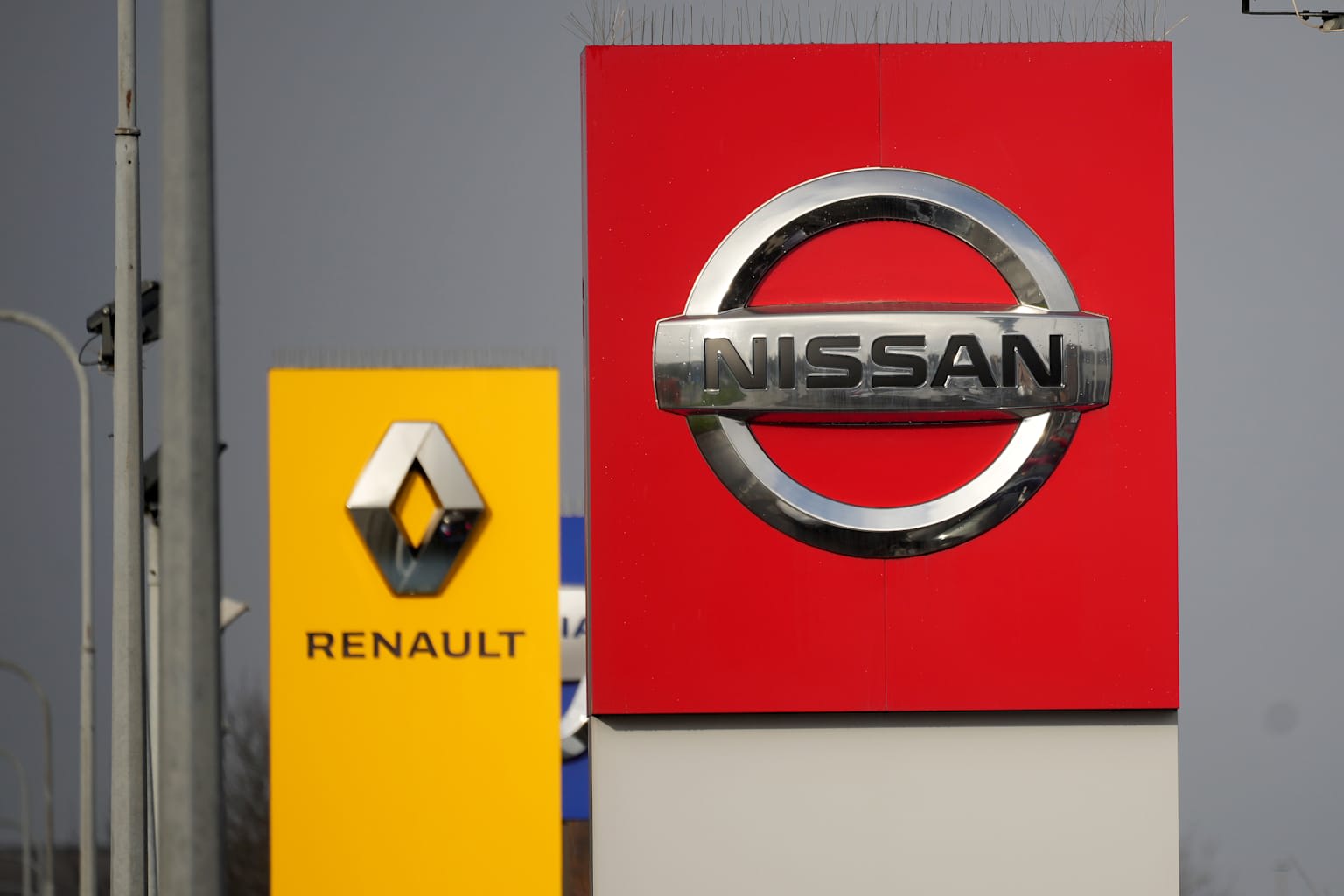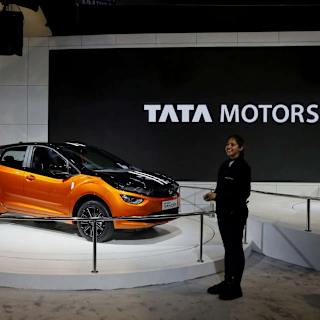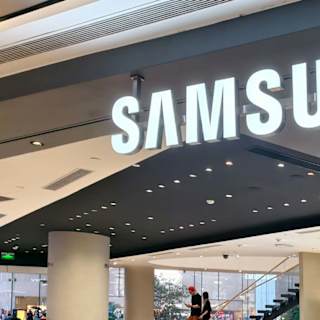- Financial Mechanics Behind the Loss
- Partnership Under Pressure
- Alliance in Transition
French automaker Renault announced Tuesday it will book a €9.5 billion ($11.2 billion) loss on its stake in struggling Japanese partner Nissan, marking another chapter in the increasingly strained relationship between two companies whose alliance once dominated global auto sales.
The extraordinary write-down reflects Renault's decision to change how it accounts for its 35.7% stake in Nissan, shifting from the equity method to treating it as a financial asset measured at fair value. The accounting change, effective June 30, aligns the value of Nissan shares on Renault's books with their actual market price, which has plummeted nearly 40% over the past year.

The non-cash loss stems from the gap between Nissan's current market value and how Renault previously valued the investment on its balance sheet1. Renault's 2024 registration documents show it carried Nissan at 1,549 yen per share, while the stock closed Tuesday at 341.8 yen—well below the 400 yen price when Renault increased its stake in 200223.
Renault emphasized the accounting adjustment will not affect cash flow or dividend payments to shareholders41. Going forward, fluctuations in Nissan's share price will be recognized directly in equity without impacting Renault's net income5.
The write-down underscores the deteriorating financial position of Nissan, which reported a $4.5 billion net loss for the fiscal year ending March 2025 and announced plans to cut 15% of its workforce12. The Japanese automaker has struggled with declining sales and an aging vehicle lineup, never fully recovering from the 2018 arrest of former alliance chairman Carlos Ghosn2.
Since the start of 2025, Nissan's stock has lost 28% of its value, and the company has reportedly asked suppliers to delay payments to improve short-term cash flow3.
The accounting change comes as Renault and Nissan continue reshaping their 26-year partnership. In March, the companies revised their agreement to allow reducing cross-shareholdings from 15% to 10%, with Renault also acquiring Nissan's stake in their joint Indian factory1.
The timing adds uncertainty as Renault CEO Luca de Meo prepares to depart July 15 to lead luxury conglomerate Kering, leaving the French automaker without permanent leadership during a critical transition period23.
Despite the financial write-down, Renault stated that "operational projects and collaboration resulting from the strategic cooperation between Renault Group and Nissan remain intact with a pragmatic and business-oriented approach"4.



